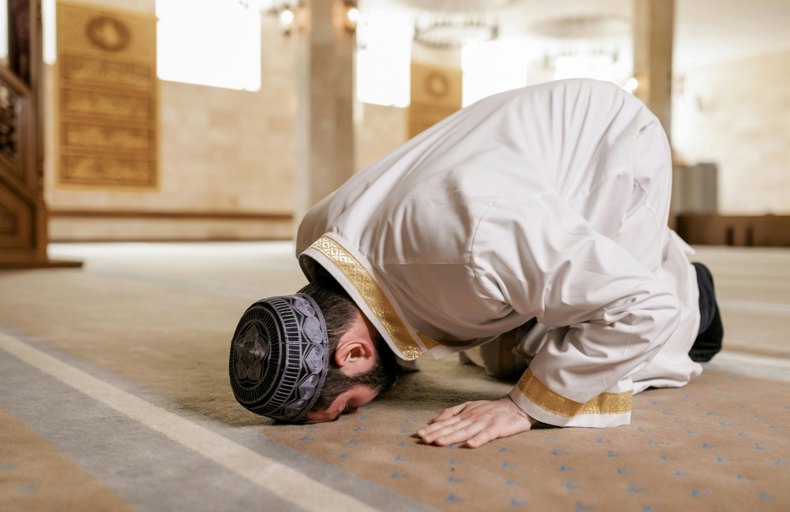Big changes ahead. Stay tuned!
Big changes ahead. Stay tuned!
Nothing here
Start typing to search
Searching..
Nothing matches
There are no matching results.
Sorry!
There has been an error.
Big changes ahead. Stay tuned!
Big changes ahead. Stay tuned!
Nothing here
Start typing to search
Searching..
Nothing matches
There are no matching results.
Sorry!
There has been an error.

The pillars and types of Islamic Waqf:
Waqf in Islam has Four established pillars:
1. The Waqif: This is the person who makes the Waqf (the charitable donation). The Waqif must be qualified to donate, being free, sane, adult, and not under any constraints due to negligence, foolishness, or debt.
2. The Mawquf: This is the sadaqa donation made by the Waqif.
It has the following conditions:
The Waqf asset must have a known value.
The Waqif must own it at the time of the endowment.
3. The Waqf Declaration: The declaration of a Waqf must meet the following conditions:
It must be decisive: it cannot imply any lack of intention to make Waqf. Waqf cannot be established on a promise.
It must be immediate: the Waqf donation cannot be contingent upon a condition, such as the arrival of a person or their success, for example.
It must be perpetual: the declaration must indicate that the Waqf will continue without being restricted by a specific period.
4. The Beneficiary: These are the charitable and benevolent entities that benefit from the Waqf. It is not valid for the benefit of the Waqf to be restricted to the wealthy only. If the Waqif does not specify the beneficiary, it is assumed to be for the poor, except in known cases where there is no distinction between the poor and the wealthy, such as cemeteries, mosques, books, etc.
Types of Waqf in Islam:
There are two types of Waqf in Islam:
1- Waqf endowed by purpose:
Family Waqf: This is when the Waqif endows something for their descendants within the family. If no family members remain, it becomes a charitable Waqf.
Special or Charitable Waqf: This is originally for a charitable entity in acts of kindness and benevolence, providing benefits to others.
Public Waqf: This is established from the outset to provide public benefit, including mosques and hospitals.
2- Waqf endowed property:
Real Estate Waqf: Scholars who affirm the legitimacy of Waqf agree on the permissibility of endowing real estate, considering it a means of drawing closer to Allah. This consensus is reported by Al-Qurtubi, Ibn Qudamah Al-Maqdisi, Al-Nawawi, and some companions.
Movable property Waqf: his type can take one of two forms:
1- Movable property that can only be benefited from by consuming it, such as food, which the majority of scholars view as an impermissible Waqf
2- Movable property that can be benefited from without consuming it, such as weapons, animals, appliances, etc.
The best types of Waqf in Islam:
Waqf is not limited to anything specific, nor is one type considered to be better than another. Rather, the best Waqf is that which benefits the Muslim community at large, in all places and times, such as Waqf for mosques, schools, hospitals, students, and the poor among Muslims.